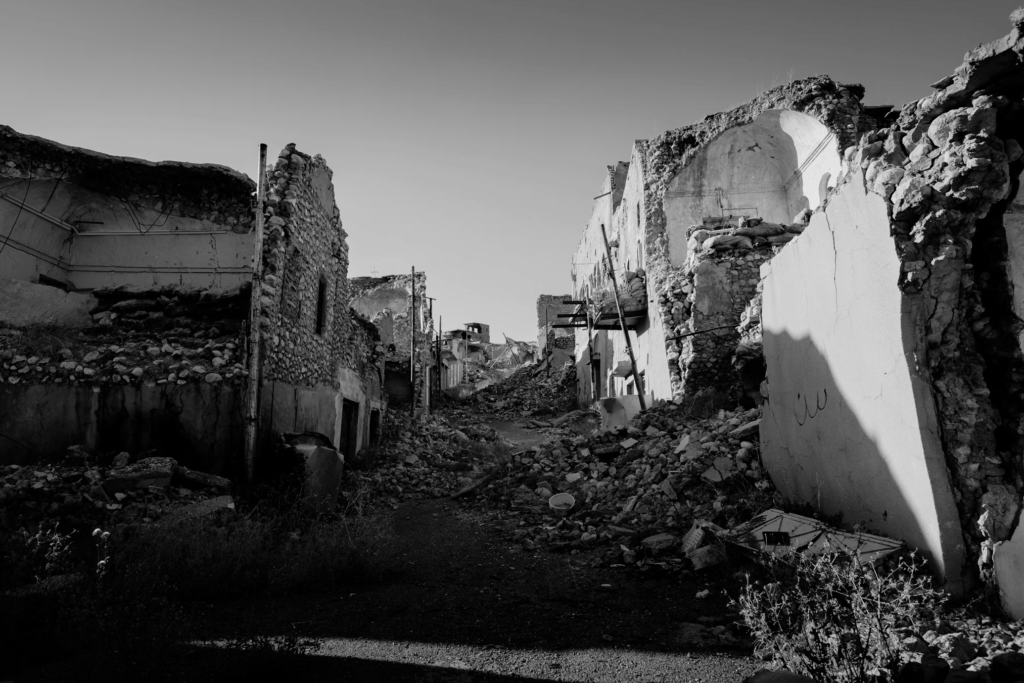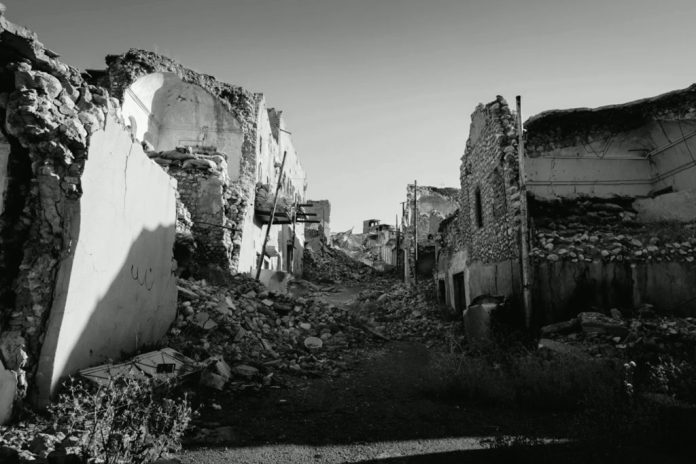If World War III ever breaks out, you might be able to avoid the draft by pursuing five different vocations.
The worry of a possible World War III is no longer confined to fiction as tensions between Iran and Israel continue to rise despite the announcement of a ceasefire and Russia’s growing military aggression.
In fact, on Thursday, Trump was asked directly whether he considered Putin an enemy and if he believed the Russian leader had broader territorial ambitions. To which, the POTUS responded, per The Independent: “It’s possible. I consider him a person who I think is misguided.”
However, Trump did add that Putin was eager to resolve the conflict, stating, “He would like to get out of this thing. It’s a mess for him.”
Trump made these remarks at the NATO meeting in the Netherlands, when the alliance’s leaders approved a large boost in defence budget.
Both the public and experts worry that military conscription may once again become a reality as the world’s atmosphere shifts perilously near to full-scale conflict.

However, several occupations could spare you from being called to the front lines if a draft were to be re-established in the US or the UK.
Although there are presently no general job exemptions from the draft under the US Selective Service System, specialists in several vital professions may be able to avoid combat roles because of the vital nature of their work.
These include ministers, engineers, healthcare professionals, educators, and utilities workers in critical infrastructure, according to The Mirror.
In a procedure reminiscent of the tribunals employed during World War II, those who can demonstrate their moral or religious opposition to war may be assigned to non-military positions or alternative duty.
For instance, in Britain, these conscientious objectors supported the cause by playing civil roles instead of using force.
According to the historical archives of the UK Parliament, conscription started even before the actual Second World War.
Under the Military Training Act, unmarried men between the ages of 20 and 22 were required to undergo six months of training in May 1939.
The National Service Act extended this requirement to all men between the ages of 18 and 41 upon the official declaration of war on September 3, and further modifications called up women and even individuals as elderly as 60.
People who worked in vital fields like engineering, baking, farming, and medicine were exempt from direct service.
“There were not enough men volunteering for police and civilian defense work, or women for the auxiliary units of the armed forces,” one parliamentary account noted.
Mike Martin, a UK MP and veteran of Afghanistan, thinks there is a very real chance of war with Russia.
“Obviously, if we get involved in a general war with Russia, we’ll be conscripting the population – there’s no question about that,” he said. “Being prepared generates deterrence, which decreases the likelihood [of war].”
Martin added: “The whole point about building the military up is it decreases the likelihood of this happening. I think that’s an important caveat. I’ve fought in wars, I’m not a warmonger. But I recognise that you’ve got to [pursue] peace through strength.”
Martin’s caution follows Russian President Vladimir Putin’s announcement that the hypersonic Oreshnik missiles, which have a strike range of more than 3,400 miles, would be produced in large quantities.
These weapons were employed in Russia’s 2024 attack on Ukraine and can reach sections of the US and Europe.
Putin compared the missiles’ destructive potential to that of nuclear weapons and asserted that they were “impossible to intercept.”
The action has shook international defence communities, especially in light of Russia’s intentions to station the missiles in Belarus, which is adjacent to NATO partners, despite scepticism from Western analysts who point out that the warheads are still experimental.

